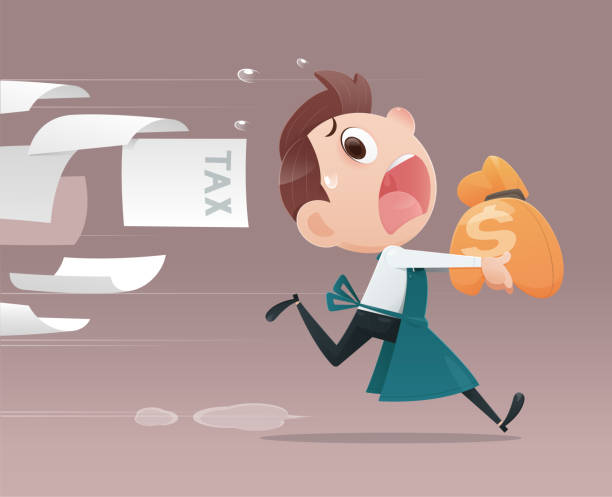Related Articles
Relevant Topics
-
Alaska
-
California
-
California Franchise Tax Board
-
Colorado
-
Colorado Department of Revenue
-
Connecticut
-
Florida
-
Florida Department of Revenue
-
Illinois
-
Illinois Department of Revenue
-
Indiana
-
Kansas
-
Kansas Department of Revenue
-
Kentucky
-
Maryland
-
Minnesota
-
Mississippi River
-
Missouri
-
Missouri Department of Revenue
-
Montana
-
Nevada Department of Taxation
-
New Hampshire
-
New Mexico
-
New York City
-
No Label Defined
-
North Carolina
-
North Dakota
-
Ohio Department of Taxation
-
Oklahoma Tax Commission
-
Oregon
-
Pennsylvania
-
Pennsylvania Department of Revenue
-
Rhode Island
-
South Carolina Department of Revenue
-
South Dakota
-
Tennessee
-
Tennessee Department of Revenue
-
Texas
-
Utah
-
Vermont
-
Virginia
-
Wisconsin Department of Revenue
-
Wyoming
All state revenue departments describe capital gains as income. Those that tax capital gains do so via their income tax codes. No state taxes capital gains as an excise tax. States without income taxes described their treatment of capital gains income like Florida did:
"There is currently no Florida income tax for individuals and, therefore, no Florida capital gains tax for individuals."
The best response differentiating between what an excise tax is versus income tax was Illinois:
"Capital gains are included in federal taxable income, against which Illinois income tax is determined. Illinois does not impose an excise tax on any form of income. Excise taxes are imposed on items of consumption, such as the liquor tax, cigarette tax and utilities taxes."
Here are direct quotes from each state revenue department on how they treat capital gains income:
(Answers compiled by Jason Mercier - Current as of April 10, 2017)
|
(Click here to download this report as a PDF)
Additional Information
Questions for House capital gains income tax hearing
Capital gains taxes are too unreliable to fund education
Bills would impose a capital gains income tax in Washington state





